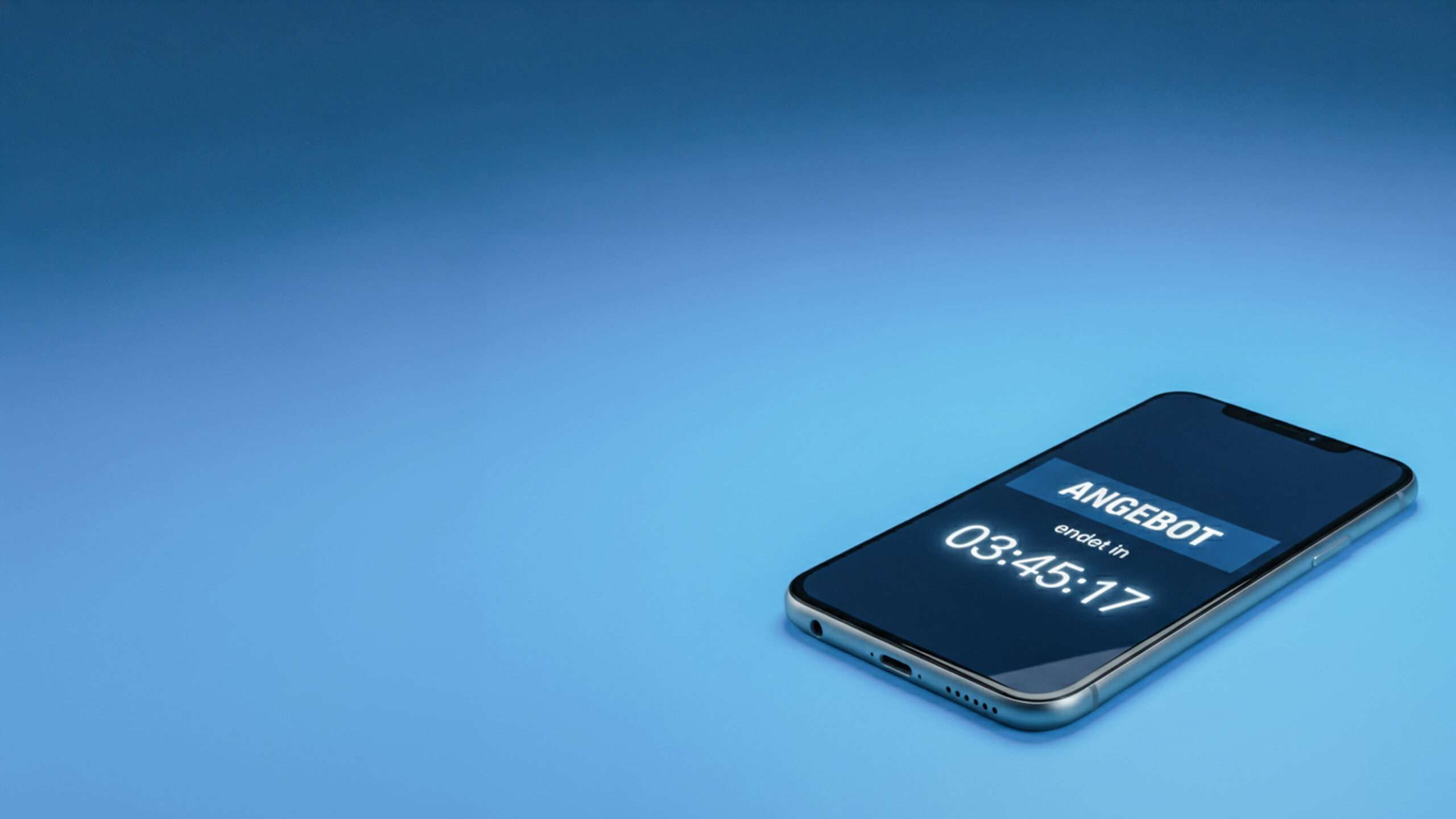
protection
for
SEX ADDICT?
protection
for
SEX ADDICT?
from
Can the words “SEX ADDICT” be protected as a trademark if they are emblazoned on sexual performance enhancement products? The EUIPO has a clear opinion on this – and it is not very romantic.
What is it all about?
In December 2024, the US company Ignite International Ltd. attempted to protect the word mark “SEX ADDICT” as a European Union trademark. The application covered products such as dietary supplements, sprays, gels, oils and other products intended to increase physical performance, particularly sexual performance. Commercial services relating to these products and sex toys, condoms and stimulating aids were also to be covered. In other words, a complete range for the erotic self-confidence of customers.
However, the examiners at the European Union Intellectual Property Office (EUIPO) did not like the idea. They rejected the registration – on the grounds that the term “SEX ADDICT” was purely descriptive and not distinctive. The examiners said: The term “SEX ADDICT” simply described who the products were intended for – namely people who are particularly sexually active or would like to be. Nowadays, the word “addict” is often used in an exaggerated or humorous way – people also talk about “coffee addicts” or “sports addicts”. This means that the term “sex addict” is not a shock effect, but has become part of everyday language.
Ignite International objected and lodged a complaint. The company saw the name as a kind of brand-strategic provocation: it was cheeky, taboo-breaking and conveyed a certain attitude to life – not simply a description. Similar to Audi’s famous slogan “Vorsprung durch Technik”, the trademark “SEX ADDICT” was intended to express an attitude, namely the courage to violate social norms.
The decision of the Board of Appeal on SEX ADDICT
The Board of Appeal of the EUIPO decided on 03.10.2025 – Ref. R 1237/2025-1 against the trade mark proprietor and confirmed that the term “SEX ADDICT” was directly descriptive in the context of the goods and services claimed.
The Board adopted the definition from the Collins Dictionary: “A person who is addicted to engaging in sexual activity.” This makes it immediately understandable for the English-speaking public – and this is decisive, as the trademark consists of English words – what it is about: products tailored to an audience that strives for an active or enhanced sex life.
The Board of Appeal did not see an intellectual transfer or a hint of ambiguity. The expression did not convey any creative tension or linguistic play.
The term ‘SEX ADDICT’ describes the target group of the goods and services in a trendy, harmless sense, namely people who have sex frequently.
In the opinion of the Chamber, this is not sufficient to establish the function of origin. The trademark therefore lacks the necessary distinctive character. Such a designation must be open to all companies that sell similar products.
The Chamber soberly stated: provocation alone does not make a trademark. Even an unusual or bold expression can be descriptive if it refers to the target group or the characteristics of the products. Particularly in the erotic and lifestyle segment, the term “sex addict” is by no means unusual, but rather commonplace, easy to understand and long established for marketing purposes.
The fact that the term has negative or medical connotations is irrelevant. Even if “sex addiction” is also known as a mental disorder, the metaphorical, non-medical use is decisive here, i.e. simply the reference to a person who “likes sex very much”.
Conclusion
The case shows that a trademark must be more than a mere statement about the product or its consumers. A supposedly provocative use does not automatically mean that a sign has distinctive character.
For companies, this means that if you want to provoke, you should do so systematically. A cheeky play on words can be effective under trademark law , but only if it is ambiguous, suggestive or unusual enough not to be understood as a description. A pure target group designation, on the other hand, remains unprotectable.
We are happy to
advise you about
Trademark law!







